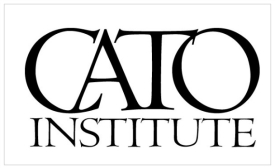surveillance

Turkish Prime Minister Recep Tayyip Erdogan rode around Google headquarters last spring in the company's self-driving car, tried on Google Glass eyewear and vowed to keep digitizing the economy in the country he has ruled since 2003.
Asked at a media forum in St. Petersburg about Russia’s largest search engine, Yandex, storing its data on servers outside the country, Russian President Vladimir Putin said that the Internet was originally a "CIA project" and "is still developing as such."
Russia should not impose unjustified regulations on freedom of expression and privacy on the Internet, Human Rights Watch said today. A restrictive new law requires Russian bloggers with significant followings to register with the authorities and comply with the same regulations as media outlets.
For nearly six decades, South Korea's (ROK) approach to security has focused on sustaining the status quo: Maintaining deterrence and a robust defence posture in order to prevent another major conflict on the Korean Peninsula.
Turkey's parliament on Thursday approved a law boosting the powers of the secret service (MIT), a move seen by Prime Minister Tayyip Erdogan's critics as a bid to tighten his grip on the apparatus of state as he wages a bitter power struggle.
Turkey's government has said it still hopes Twitter will open an office in the country, a day after the social networking site ruled out any such move. In a statement on Thursday following several days of talks with Twitter executives, Communication Minister Lutfi Elvan said Turkey had suggested that the company open a "liaison office" to improve coordination with the government.
“The best possible birthday gift for Brazilian and global web users” is how Tim Berners-Lee, the British inventor of the world wide web, which turned 25 this month, described Brazil’s “internet bill of rights” in an open letter on March 24th. The next day legislators in the lower house of Congress duly approved it.







